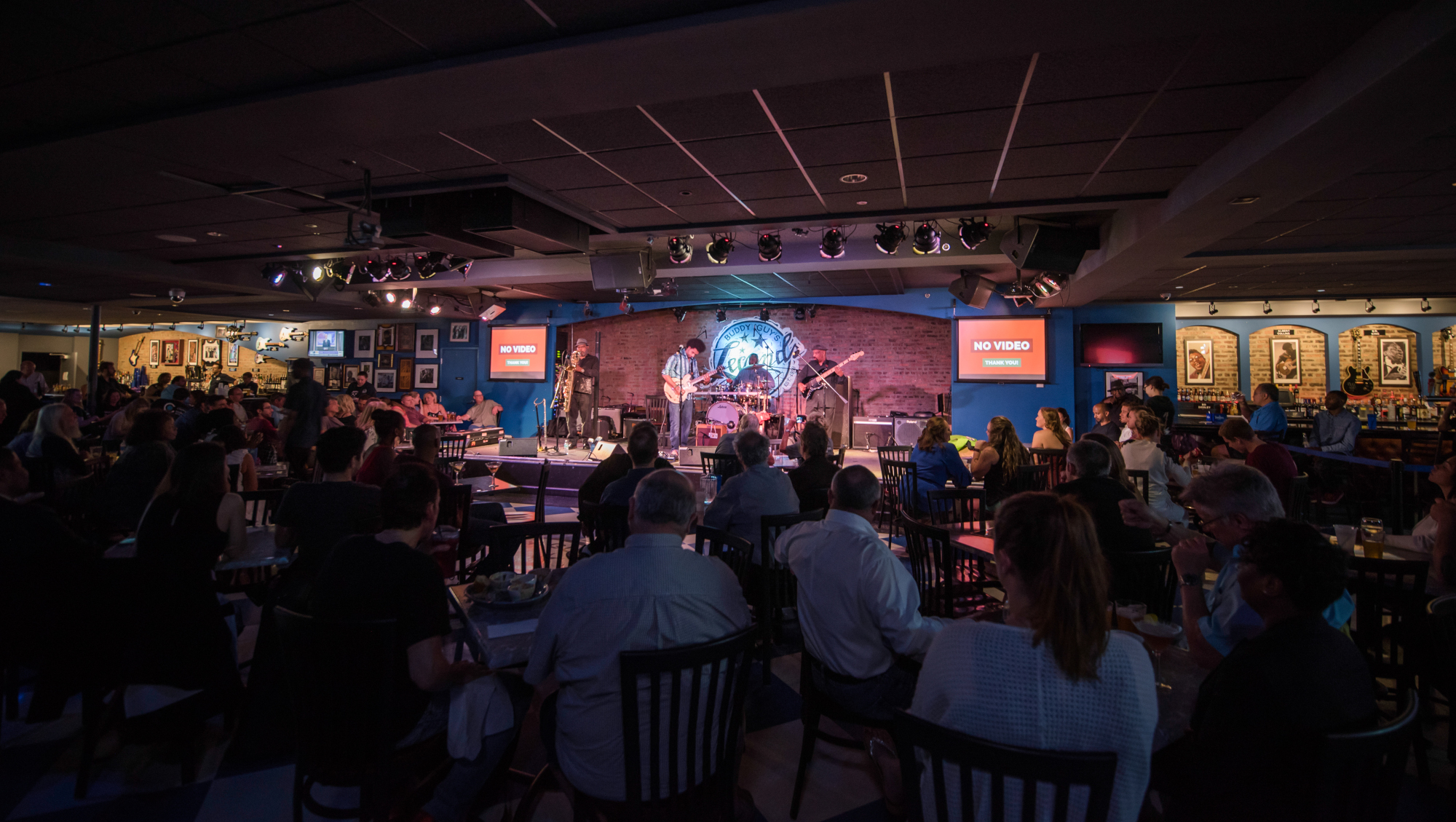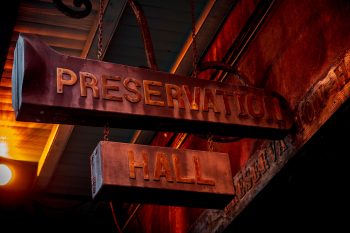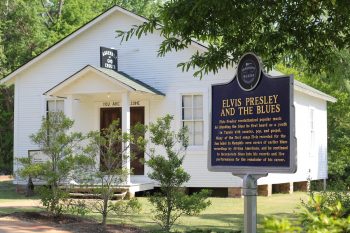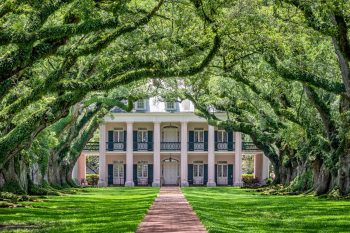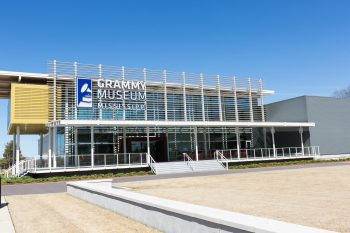Not every city has its own sound. But in Chicago, you can’t miss the grinding soulful cadence that is the local brand of blues. The music—rustic rhythms mixed with urban grit—flows throughout the city but pools along a stretch of Halsted in Lincoln Park, where live performances light up local blues clubs every night of the week.
The city’s signature sound developed as African-American musicians joined the Great Migration north from the Mississippi Delta region after World War II to find work and to escape Deep South discrimination. Their traditional Delta blues set tales of rural troubles against a backdrop of acoustic guitars and harmonicas. But by the 1950s, the urban surroundings and the introduction of microphones and amplifiers combined to infuse the music with modern themes and a distinctly electric sound. Chicago blues was born.
Lurrie Bell, a second-generation bluesman counted among Chicago’s greatest living blues guitarists, earned a Grammy nomination in 2016 for his traditional blues album Can’t Shake This Feeling. He toured with “Queen of the Blues” Koko Taylor in the 1970s and still performs often at hot spots like Kingston Mines and B.L.U.E.S. Bar.
“You’ve got some of the greatest blues talent and bands here in the world,” Lurrie says. “I don’t care what side of the city you go to, you’re going to find blues.”
Not just Chicago blues, either. Blues spots citywide feature different styles and a mix of legends and up-and-coming performers. Lurrie is a fan of the Corey Dennison Band, which bills itself as the New Sound of Chicago and appears often around the city, including at Kingston Mines.
A look back at Lurrie’s career reveals a who’s who of the Chicago blues scene. His own father numbered among the genre’s biggest talents. Carey Bell was a harmonica virtuoso who played in Chicago with Muddy Waters and other well-known musicians and went on to a solo career. Lurrie remembers studying his father’s guitar player, Roy Johnson. “He was a hell of a guitarist,” Lurrie says. “I liked what he was doing.”
Blues meets rock and roll
Lurrie was 5 when he picked up a guitar, teaching himself to play. Around his home, he’d run into icons like Big Walter Horton and Eddie Clearwater, and he credits Muddy Waters with helping him find his sound. At 17, Lurrie was sharing the stage with Willie Dixon, a powerhouse musician credited with not only shaping Chicago blues and introducing it to the world but also linking the genre with rock ’n’ roll.
“Willie Dixon was amazing with his talent,” Lurrie says of the legend, who wrote more than 500 songs and has been inducted into the Blues, Rock and Roll, and Songwriters halls of fame. “He wrote for some of the greatest rock ’n’ roll groups, like the Rolling Stones and Led Zeppelin. I owe him a lot. He taught me how to listen to not just the blues, but all kinds of music.”
Willie has been called the Poet Laureate of the Blues, and a small Chicago blues museum bears his name. A local concert he produced gave rise to the free, three-day Chicago Blues Fest, which attracts half a million fans to Millennium Park each June to celebrate the blues’ rich heritage and a city’s unique spin on it.
Lurrie has a special love for Chicago, the place where his own life’s work was born. “Something about the city,” he says, “makes you want to make some music.”
Must-Visit: Blues Heaven
Willie Dixon’s Blues Heaven Foundation displays a rich collection of memorabilia in the former home of Chess Records, a leading blues label that employed Willie as a writer, producer and session musician.
Chuck Berry recorded “Johnny B. Goode” at Chess, 2120 S. Michigan Ave., in 1958. If the address sounds familiar, that’s because the Rolling Stones—who recorded some of their early work there—immortalized the place in the 1964 instrumental track “2120 South Michigan Avenue.”
The storefront now showcases instruments, photos, artwork and clothing. Tours provide an up-close look at the genre that is the foundation of modern American music.
The museum is open for limited hours (noon to 4 p.m.). For details, visit bluesheaven.com.
5 spots to hear Chicago Blues
- B.L.U.E.S. Bar, Lincoln Park: The intimate neighborhood bar welcomes local stars, emerging talent and nationally touring acts.
- Buddy Guy’s Legends, South Loop: A classic club dishes up New Orleans-style meals and acts seven nights a week. In January, Buddy plays; decor includes records, photos, instruments and Buddy’s awards.
- House of Blues Chicago, River North: Grab dinner at the on-site restaurant. This chain offers live entertainment nightly; stop by Sunday mornings for two seatings of a gospel brunch.
- Kingston Mines, Lincoln Park: The blues club hosts live bands nightly well into the wee hours and offers a full barbecue menu. (Lurrie plays here often.)
- Rosa’s Lounge, Logan Square: This family-owned neighborhood club (known as Chicago’s Friendliest Blues Lounge) features traditional and modern blues performers and a great drinks menu.
